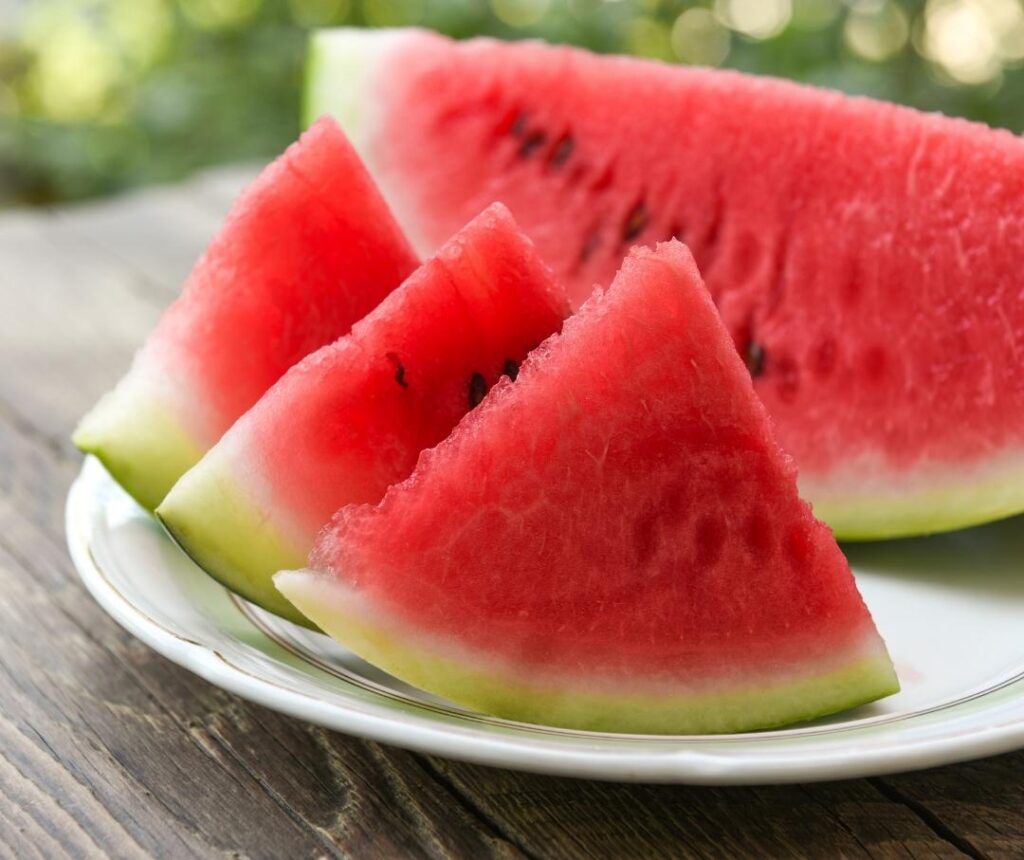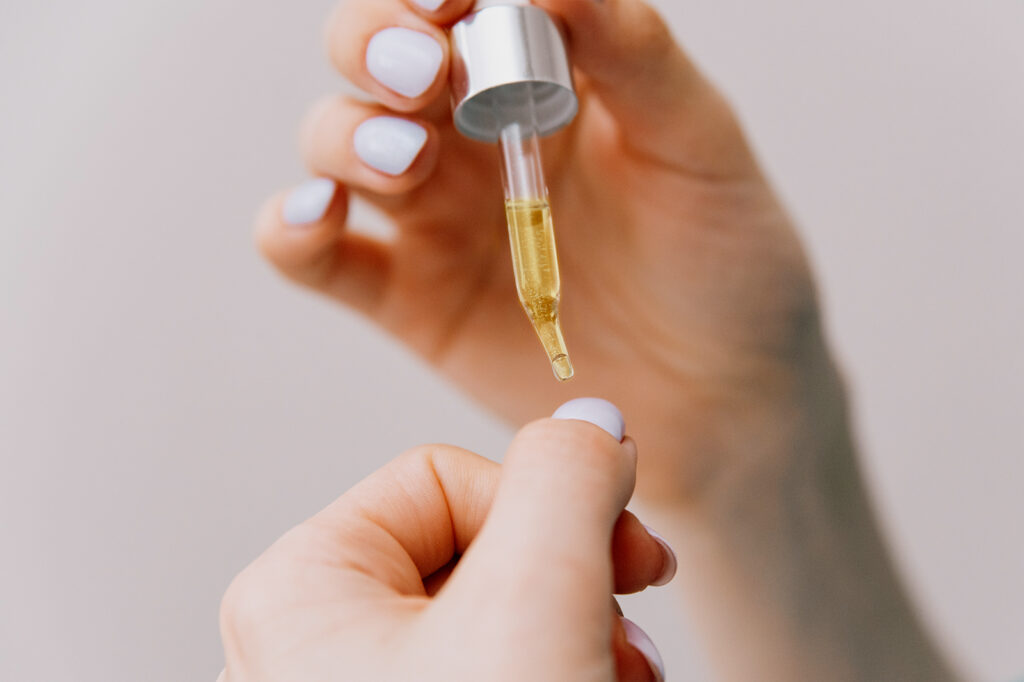Many people suffer from kidney stones, which cause a lot of pain and discomfort. These stones develop when some substances in the urine turn into crystals and stick together.
One way to prevent and treat kidney stones is through what you eat. Pineapple is often mentioned in talks about kidney stone prevention.
Some think pineapple can help stop or even remove kidney stones, while some worry it might make the problem worse. This article looks into if pineapple is indeed useful for those with kidney stones.
Table of Contents
Can Pineapple Help People with Kidney Stones?
Yes, eating pineapple could be helpful for those with kidney stones. It has a lot of vitamin C and antioxidants, which might lower the risk of new stones and help remove the ones you already have. Pineapple is also filled with potassium and magnesium, which are good for the kidneys.
Pineapple has a lot of water, it fights inflammation, and it has an enzyme called bromelain. Bromelain helps dissolve and prevent some types of stones, like calcium oxalate stones.
Pineapple has a good amount of vitamin C, too, which makes you pee more and makes the substances that cause stones less concentrated in your urine. So, including pineapple in your diet might lower the chance of getting kidney stones.
How Pineapple Can Help Those with Kidney Stones
Here are some ways pineapple can be good for preventing kidney stones:
- It fights inflammation: Pineapple’s bromelain can reduce swelling in the kidneys and body, which is good since swelling can make stones more likely.
- It’s high in water: This fruit has lots of water, which keeps the kidneys working well and stops minerals from sticking together to form stones.
- It’s packed with important nutrients: Pineapple contains vitamins like C and B6 and minerals like potassium, which are all good for keeping kidneys healthy.
- It has low sodium: Not much sodium in pineapples, which helps manage blood pressure and fluid in your body—both important because they can affect stone formation.
- It might help you pee more: Some substances in pineapple could make you pee more, flushing out minerals that could cause problems for your kidneys.
However, there’s not a lot of research specific to kidney stones and pineapple, and eating too much might not be good for people who’ve had kidney stones or have other kidney problems.
Possible Downsides of Pineapple for Those with Kidney Stones
Pineapple is full of good nutrients, but it also has a lot of oxalate, which can make stones worse in some people.
Here are some possible downsides of eating pineapple if you’ve had kidney stones:
- It might raise the chance of oxalate kidney stones: Pineapple’s high oxalate level can hook up with calcium in pee to create calcium oxalate stones.
- It could bother existing stones: If you already have stones, too much pineapple might make the pain and discomfort worse.
- Those with hyperoxaluria should be careful: People who naturally have too much oxalate in their body should stay away from pineapple.
- It’s risky for those with weak kidneys: Too much pineapple can harm people whose kidneys aren’t working well.
- It can mess with some medicines: Chemicals in pineapple might change how certain drugs work, so talk to your doctor about eating it if you’re on medication.
Remember, not everyone will have these problems, and a little bit of pineapple is just fine for most. But if you’ve had kidney stones or other kidney issues, it’s best to talk with a health professional before adding pineapple to your meals.
How Much Pineapple Should I Eat?
You should aim to have about 5 servings of fruits and veggies each day for a good diet. A cup of pineapple can be one of those servings, but make sure to eat different kinds of fruits and vegetables, too.
How to Include Pineapple in a Kidney-Friendly Diet
If you want to add pineapple to a diet that’s good for the kidneys, here are some tips:
- Eat fresh pineapple when you can. The canned ones might have extra salt, sugar, or additives that aren’t great for kidney health.
- Don’t eat more than a cup (165 grams) of chopped pineapple since it’s high in oxalate, which can lead to stone formation.
- Have pineapple with foods low in phosphorus like greens, cauliflower, and nuts without salt for a balanced meal.
- Be careful with potassium, especially if you have kidney problems. Some may need to watch their potassium levels. Always ask a health professional before eating more pineapple if your diet is restricted.
- If it’s hard to eat solid foods, you might try pineapple juice instead of the whole fruit. Pick brands that don’t add extra sugar or fake flavors.
Conclusion
Pineapple offers both benefits and risks to those dealing with kidney stones or kidney issues. It has anti-inflammatory properties and lots of water but also has high oxalate levels, which might cause stones.
Enjoy pineapple as a part of a varied diet, in moderation, and get advice from a health provider before eating it if you’ve had kidney stones or problems with your kidneys.
When adding pineapple to a renal diet, it’s key to stick to fresh fruits, control how much you eat, and combine it with low-phosphorus foods. Keep an eye on your potassium intake. It’s crucial to talk with a health expert or dietitian before changing what you eat.









